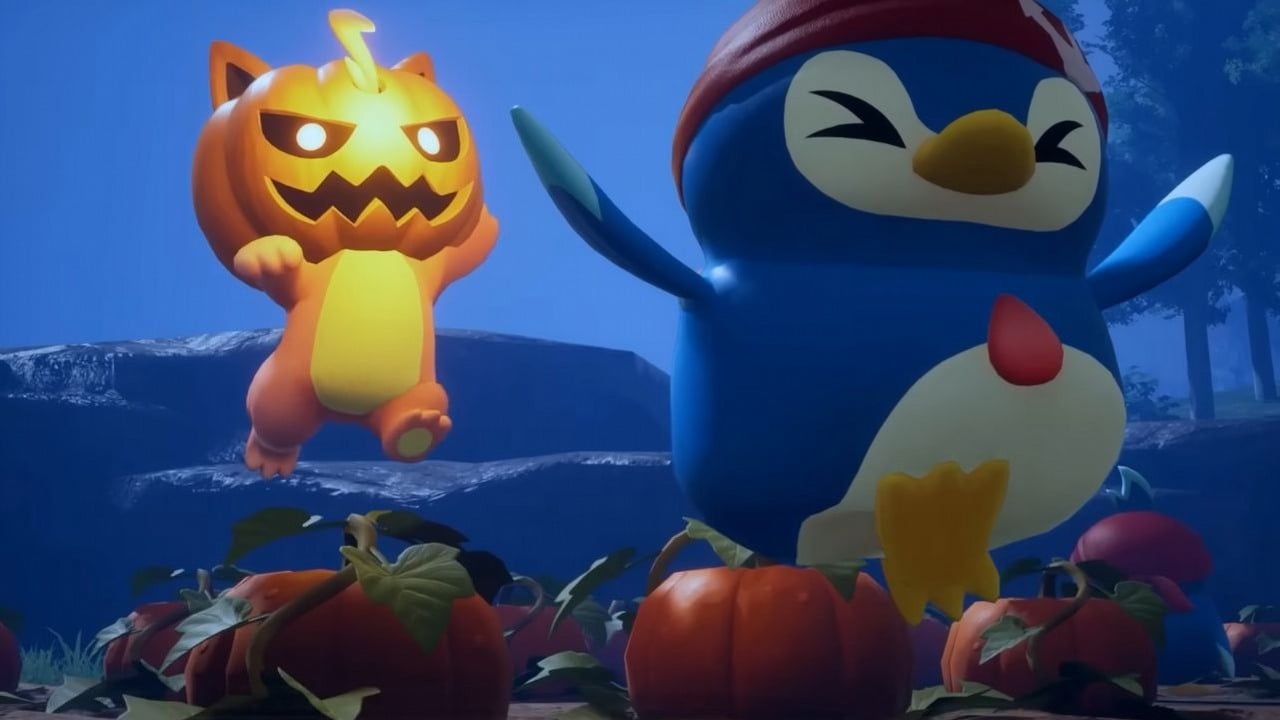
Nintendo and The Pokémon Company recently faced a setback in their legal battle against Palworld’s developer, Pocketpair. The case is currently limited to Japan, where Nintendo and The Pokémon Company appeared to be aggressively pursuing their claims earlier this year. Interestingly, The Pokémon Company received two new patents in the U.S. last month with an unexpectedly quick approval process. While no lawsuit has been filed in the U.S. yet, this recent activity suggests they may be reconsidering that option.
Nintendo and Pokémon hit a roadblock in their lawsuit against Palworld
Ever since the first trailer for Palworld was released, people have been talking about its similarities to Pokémon, often calling it “Pokémon with guns.” When Palworld launched in early access on January 19, 2024, comparisons to Pokémon‘s 3D character designs quickly resurfaced. For months, many wondered if The Pokémon Company would take legal action, and in September 2024, they finally did, filing a lawsuit alleging patent infringement. While a lawsuit was anticipated, its specific claims have led some to question the validity of Pokémon‘s patents.
Recent reports from Games Fray reveal that a Nintendo patent was initially rejected by the Japan Patent Office. The JPO determined the technology described wasn’t innovative enough. This mirrors some common criticisms of new Pokémon games. While this is just one patent involved in an ongoing legal case, the rejection isn’t final. Nintendo is expected to appeal and attempt to prove the patent’s validity to the JPO.
Currently, The Pokémon Company’s lawsuit against Palworld appears to be losing steam. This is potentially good news for Pocketpair, the creators of Palworld, who are gearing up for the full 1.0 release of their game, have announced a new spinoff called Palworld: Palfarm, and are using their success to help fund other independent game developers. More broadly, this case could benefit the entire gaming industry. If The Pokémon Company can’t successfully patent basic game mechanics, it suggests other companies won’t waste time trying to do the same. This would also protect game studios from having to rework or cancel projects simply because they share some similarities with existing games. For now, we’ll have to wait for more information about the lawsuit, which has already been ongoing for over a year, so a quick resolution is unlikely.
Read More
- All Golden Ball Locations in Yakuza Kiwami 3 & Dark Ties
- Hollywood is using “bounty hunters” to track AI companies misusing IP
- NBA 2K26 Season 5 Adds College Themed Content
- What time is the Single’s Inferno Season 5 reunion on Netflix?
- Gold Rate Forecast
- Mario Tennis Fever Review: Game, Set, Match
- Beyond Linear Predictions: A New Simulator for Dynamic Networks
- Pokemon LeafGreen and FireRed listed for February 27 release on Nintendo Switch
- Exclusive: First Look At PAW Patrol: The Dino Movie Toys
- Train Dreams Is an Argument Against Complicity
2025-10-31 02:02